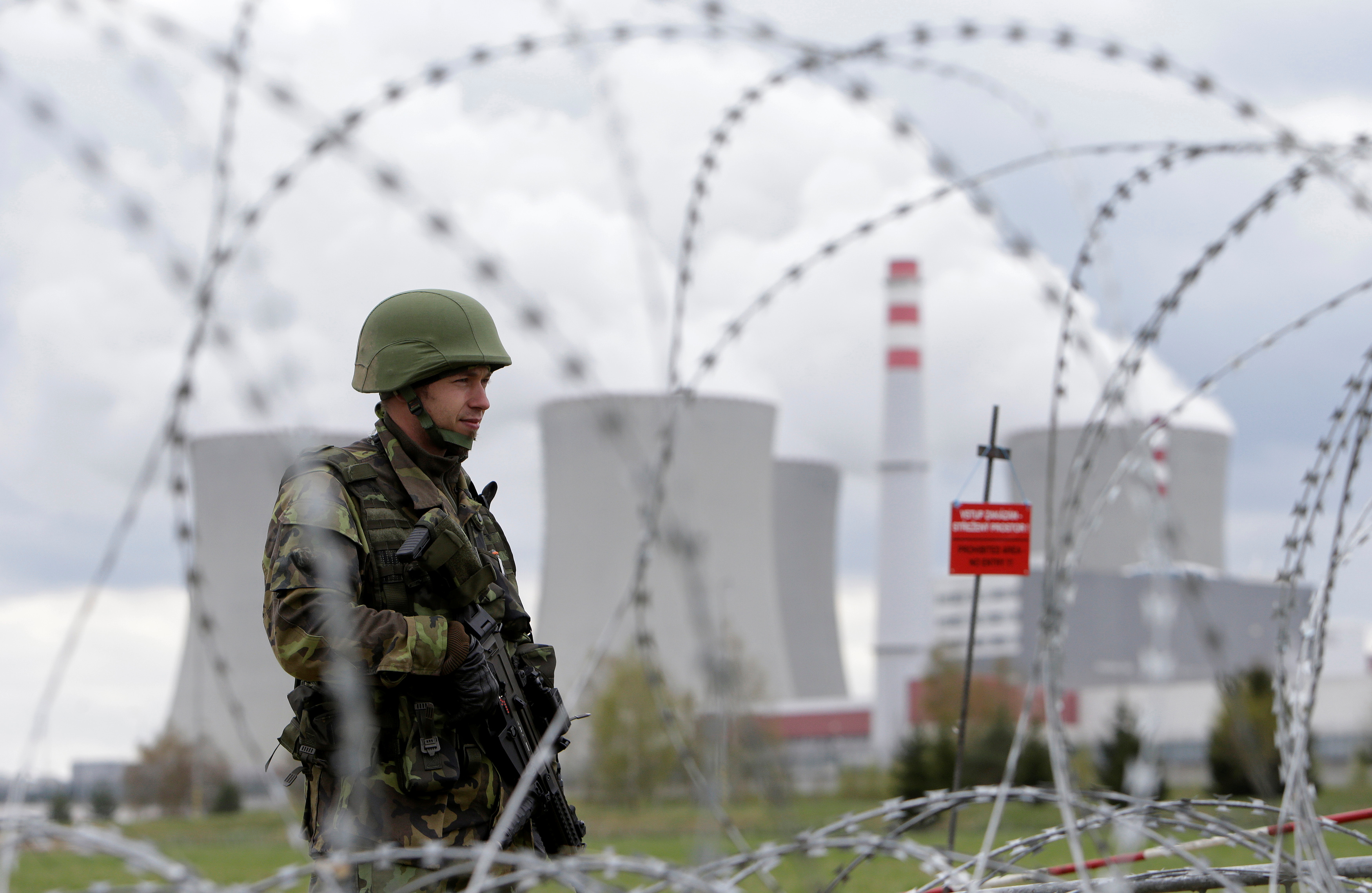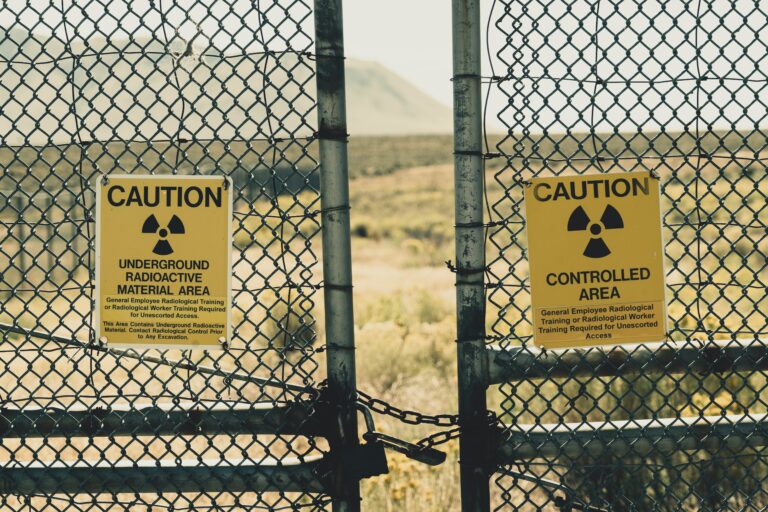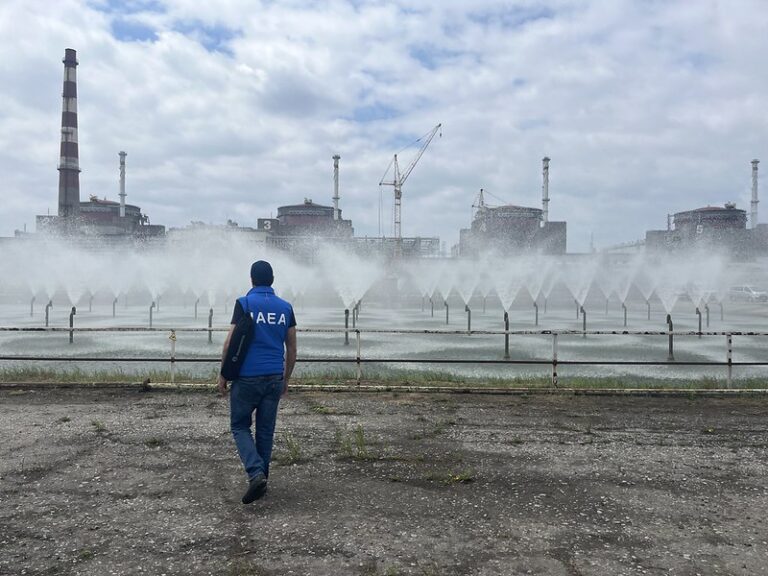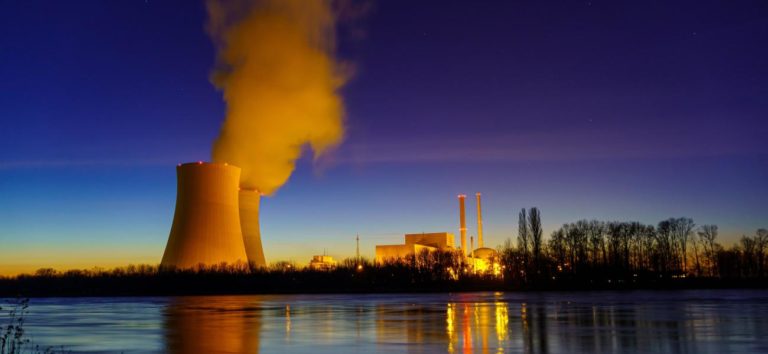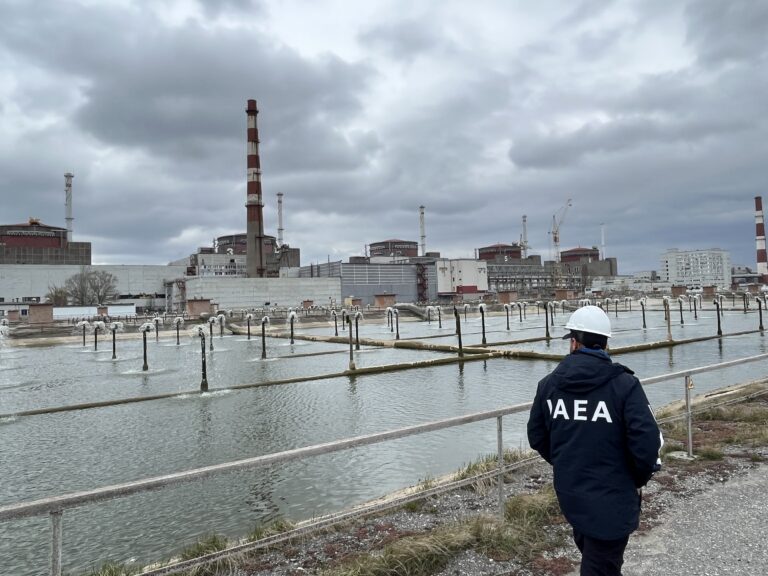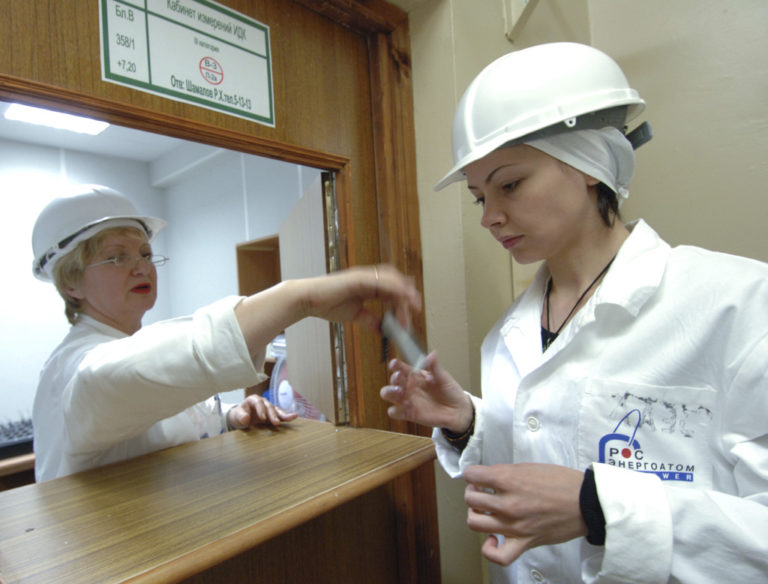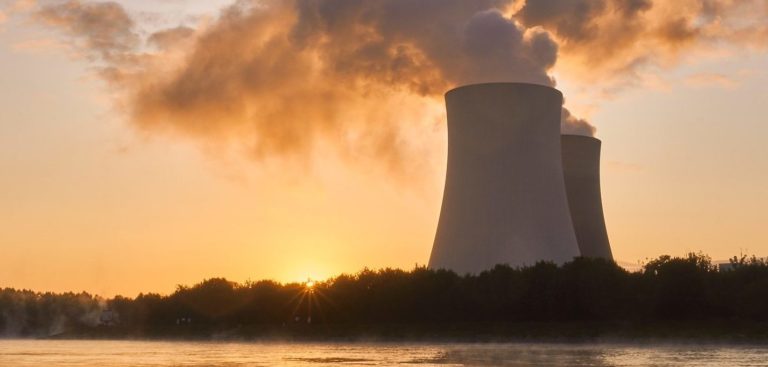We are at a critical crossroads for preventing nuclear terrorism. After years of progress strengthening nuclear security, momentum is slowing. Ensuring strong security at nuclear facilities is a global challenge, requiring leadership and cooperation from policymakers, international institutions, operators, and civil society.
To meet this challenge, the International Nuclear Security Forum provides a space for a diverse group of international experts to identify, create, and support strategies for reducing nuclear terrorism risks.
- Creating opportunities for collaboration and dissemination of members’ products/expertise
- Educating stakeholders on a range of perspectives for achieving nuclear security policy goals
- Supporting international nuclear security implementation and architecture
- Promoting nuclear security information sharing
- Fostering international nuclear security leadership
By working with the nuclear security community to build stronger bridges between international experts, the INSF will provide timely information to members, and focus on strengthening stakeholder knowledge and capacity.
More: Read the INSF Statement of Principles
An act of nuclear terrorism anywhere in the world would be a global humanitarian, economic, and political catastrophe and would undermine the role of nuclear technology for energy, medical, industrial, and other purposes. The most effective strategy for preventing nuclear terrorism is to ensure strong and sustainable security for all nuclear and radiological materials and nuclear facilities, whether associated with energy, research, weapons, or any other purpose. To support this goal the International Nuclear Security Forum seeks to build stronger bridges among international nuclear security experts, provide timely information to members, and focus on strengthening stakeholder knowledge and capacity. In doing so, International Nuclear Security Forum members,
Recognize the successes of previous multilateral, national, and civil society initiatives to strengthen nuclear security;
Affirm that despite these successes, progress on nuclear security has slowed, and therefore strengthening nuclear security must remain an important international priority for global security, and that progress toward that end can be facilitated by international and interdisciplinary cooperation;
Determine to serve as a hub for strengthening expertise and sharing experience for Forum members;
Welcome diversity in perspective, experience, and thought to address increasingly interconnected global nuclear terrorist and other threats, and identifying opportunities for strengthening security; and
Support strengthening the global nuclear security architecture, sharing non-sensitive nuclear security information to build global confidence, implementing measurable nuclear security best practices and standards, and creating sustainable multilateral mechanisms that support continuous nuclear security progress.
Recognizing the urgency and necessity of sustaining and growing the nuclear security community, the International Nuclear Security Forum supports efforts that will:
- Elevate expert and political attention to the challenges of preventing nuclear and radiological terrorism, and the contributions of nuclear security to the sustainability of peaceful uses of nuclear technology.
- Foster innovative and creative approaches to problem solving and analysis to reinvigorate international attention and support for stronger nuclear security.
- Enhance equity and inclusion in the community by actively incorporating diversity of perspectives in order to improve the quality and credibility of our nuclear security policy initiatives.
- Cultivate the next generation nuclear security community through active educational outreach and mentorship.
- Encourage leadership by engaging policymakers, international institutions, operators, and civil society in constructive dialogue on nuclear security-related threats and opportunities to address the danger.
As members of the International Nuclear Security Forum, we endorse the preceding principles and values that will help to foster a “whole-of-community” approach to strengthening nuclear security world-wide.
Research & Writing
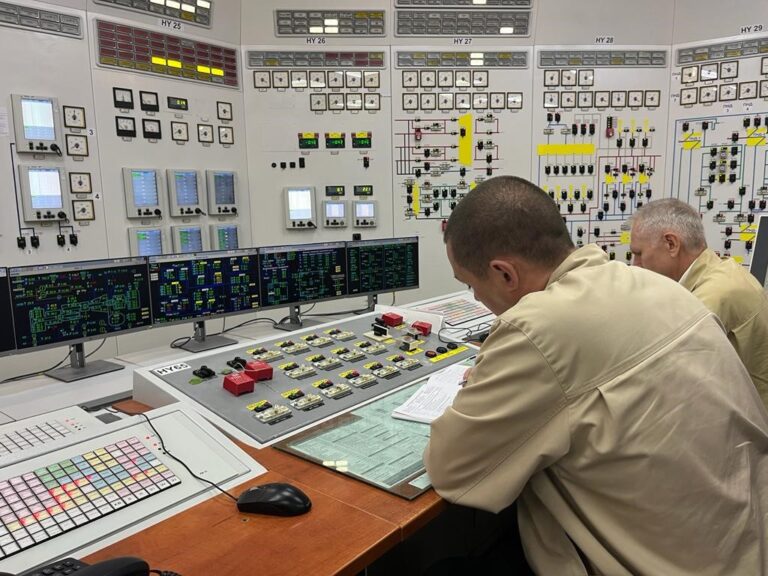
- February 22, 2024
Events
- Past
- Event
- October 4, 2023
- Past
- Event
- September 29, 2021
Achievements
The International Nuclear Security Forum builds upon the incredible work of the Fissile Material Working Group (FMWG), which was the preeminent civil society coalition supporting policies to reduce the risk of nuclear terrorism. Central to its successes was the FMWG’s engagement with a broad array of international stakeholders.
Nuclear Summits & Symposia
The FMWG organized the convening of a summit of international experts and events in support of the official 2010 Nuclear Security Summit (NSS). Additionally, the FMWG provided assistance to South Korean planners organizing the 2012 Nuclear Security Symposium experts event and to Dutch planners organizing the 2014 Nuclear Knowledge Summit. The FMWG also organized the fourth civil society summit, Solutions for a Secure Nuclear Future, to support the 2016 NSS.
Working Groups
The creation of three Policy Development Working Groups by the FMWG led to recommendations on: (1) the elimination of civilian highly-enriched uranium (HEU), (2) addressing military nuclear materials, and (3) information-sharing, standards and best practices, and security culture. The FMWG published a joint recommendations report that summarized the key policy proposals from all three groups: The Results We Need: Policy Recommendations for the 2016 Nuclear Security Summit.
Policy Recommendations
The FMWG published its consensus recommendations for the Obama administration on improving nuclear material security (September 2009), updated recommendations to world leaders before the 2012 Nuclear Security Summit (January 2012), and a new list of 8 recommendations (October 2013) that includes a plutonium policy recommendation agreed to in March 2013.
Advisory Board
Leadership
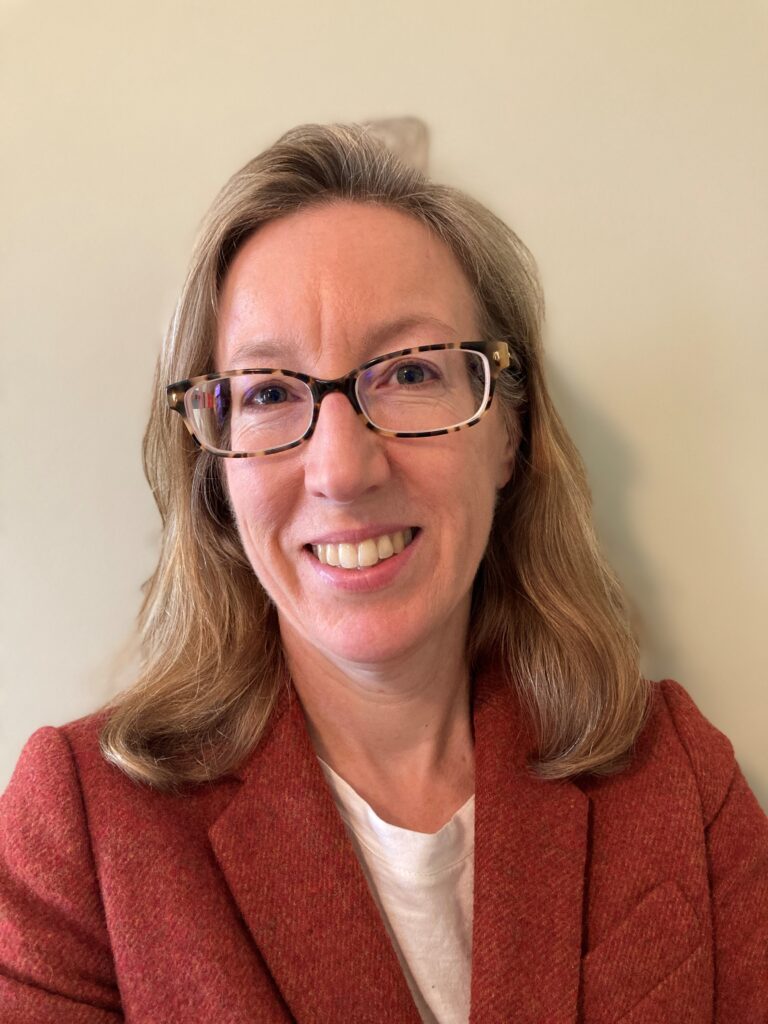
Program Director, Stimson Center
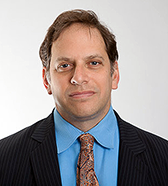
Senior Fellow, James Martin Center for Nonproliferation Studies
Board Members
Hubert Foy, Board Member, Founding Director and Senior Research Scientist, African Centre for Science and International Security
Professor Christopher Hobbs, Board Member, Co-Director Centre for Science and Security Studies, Department of War Studies, King’s College London
Margarita Kalinina-Pohl, Board Member, Founder, Black Sea Women in Nuclear Network
Dr. Allison M. Macfarlane, Board Member, Professor and Director of the School of Public Policy and Global Affairs within the Faculty of Arts, University of British Columbia
Kenneth Myers, Board Member, President, CRDF Global
Ruhee Neog, Board Member, Director, Institute of Peace and Conflict Studies
Scott Roecker, Board Member, Deputy Vice President, Nuclear Threat Initiative (NTI)
Andrew Semmel, Board Member, Chairman, Board of Directors, Partnership for a Secure America
Paul Walker, Board Member, Director, Security & Sustainability, Green Cross International
Irma Arguello, Board Member, Founder and Chair, NPSGlobal Foundation
Tomás Bieda, Board Member, Deputy Director of the Nuclear Energy Division, Argentina Global Foundation
Dr. Matthew Bunn, Board Member, Co-Principal Investigator, Project on Managing the Atom, Harvard University
John Erath, Board Member, Senior Policy Director, Center for Arms Control and Non-Proliferation
Rhonda Evans, Board Member, Head of Engagement and Sustainability, World Institute for Nuclear Security
Member Organizations
American Association for the Advancement of Science
Amity Institute of Nuclear Science and Technology, Amity University
Arab Institute for Security Studies
The Asan Institute for Policy Studies
Austrian Institute for International Affairs
Black Sea Women in Nuclear Network
Bulletin of the Atomic Scientists
Center for Arms Control and Non-Proliferation
Center for Energy and Security Studies
Center for Disarmament, Science and Technology, Japan Institute of International Affairs
Center for International Trade and Security, University of Georgia
Center for Political-Military Analysis, Hudson Institute
Center for Radiological and Nuclear Security, Purdue University
Center for Strategic and International Studies
Centre for Economics and Foreign Policy Studies
Centre for Science and Security Studies, King’s College London
Centro Ecuatoriano Estudios Internacionales
Chatham House, International Security Research Department
China Arms Control and Disarmament Association
Civil Council on Defense and Security
Danish Institute for International Studies
Federation of American Scientists
Georgian Institute of Public Affairs, School of Law and Politics
Global Nuclear Security Partners
The Howard H. Baker Jr. Center for Public Policy, University of Tennessee: Knoxville
Institute of Advanced Studies, Universidad de Santiago de Chile
Institute of Nuclear Materials Management
Institute for Strategic Studies
Institute of Peace and Conflict Studies
International Institute for Strategic Studies
International Network of Emerging Nuclear Specialists
International Science and Technology Center
Ken and Mary Alice Lindquist Department of Nuclear Engineering, Pennsylvania State University
Korea National Diplomatic Academy
National Agency for Regulation of Nuclear and Radiological Activities
Natural Resources Defense Council
Netherlands Institute of International Relations Clingendael
Nord-Sud Ventures: Consultancy & Studies Center
Nuclear Policy Program, Carnegie Endowment for International Peace
Nuclear Proliferation Prevention Project, University of Texas
Partnership for a Secure America
Partnership for Global Security
Physicians for Social Responsibility
Project on Government Oversight
ПИР-Центра (PIR Center, The Russian Center for Policy Studies)
Russian Strategic Nuclear Forces Project
S. Rajaratnam School of International Studies, Nanyang Technological University, Singapore
South Asian Strategic Stability Institute
Taiwan Center for Security Studies
Tripla Difesa Onlus Global Internazional
Universiteit Antwerpen (University of Antwerp)
Universiti Kebangsaan Malaysia (University of Kabangsaan)
University of National and World Economy, Sofia
Vienna Center for Disarmament and Non-Proliferation
Contact
Membership Interest
If you would like to be considered for INSF membership, please apply here.
Support & Other Inquiries
- Sneha Nair
- [email protected]

